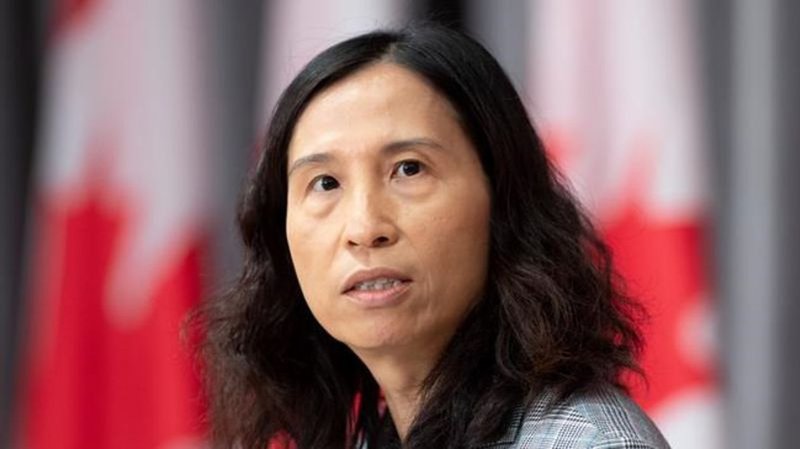
Feds offer of help on sick leave, long-term care gets mixed provincial reaction
OTTAWA — The Team Canada spirit that has prevailed among first ministers during the COVID-19 crisis will be put to the test today as Justin Trudeau broaches with premiers two topics that fall squarely within provincial jurisdiction: the operation of long-term care homes and paid sick leave for workers.
The prime minister has promised federal support in both areas but his offer has met with a mixed reaction from provincial and territorial leaders.
He has also promised to raise the issues tonight, when he conducts his eleventh first ministers’ conference call.
So far, those calls have been notable for their collegial, collaborative spirit as prime minister and premiers all work as one to cushion the impact of the deadly pandemic on Canadians’ health and the country’s economy.


